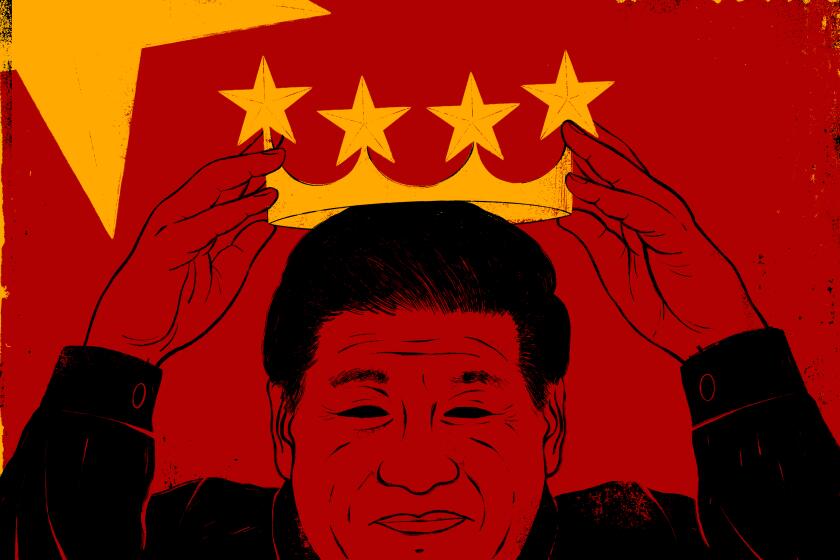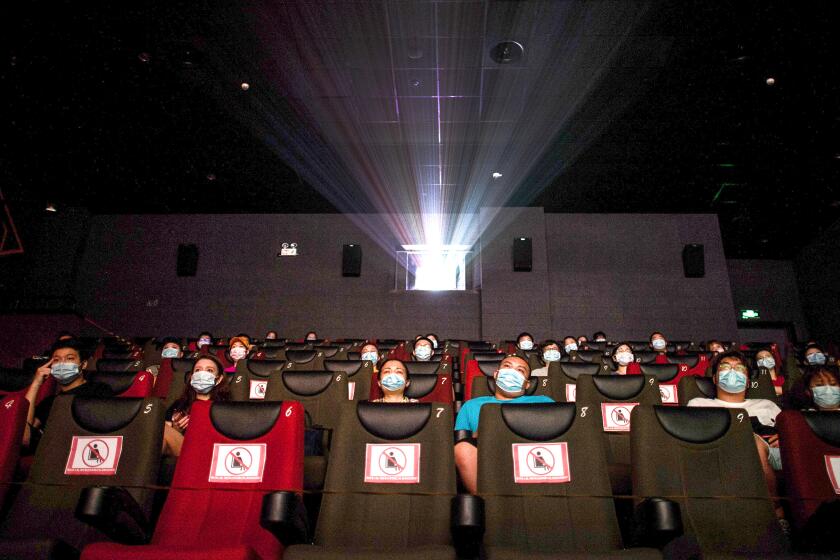Police raids on movie screenings. Censors closing in. Hong Kong’s filmmakers fight to stay free
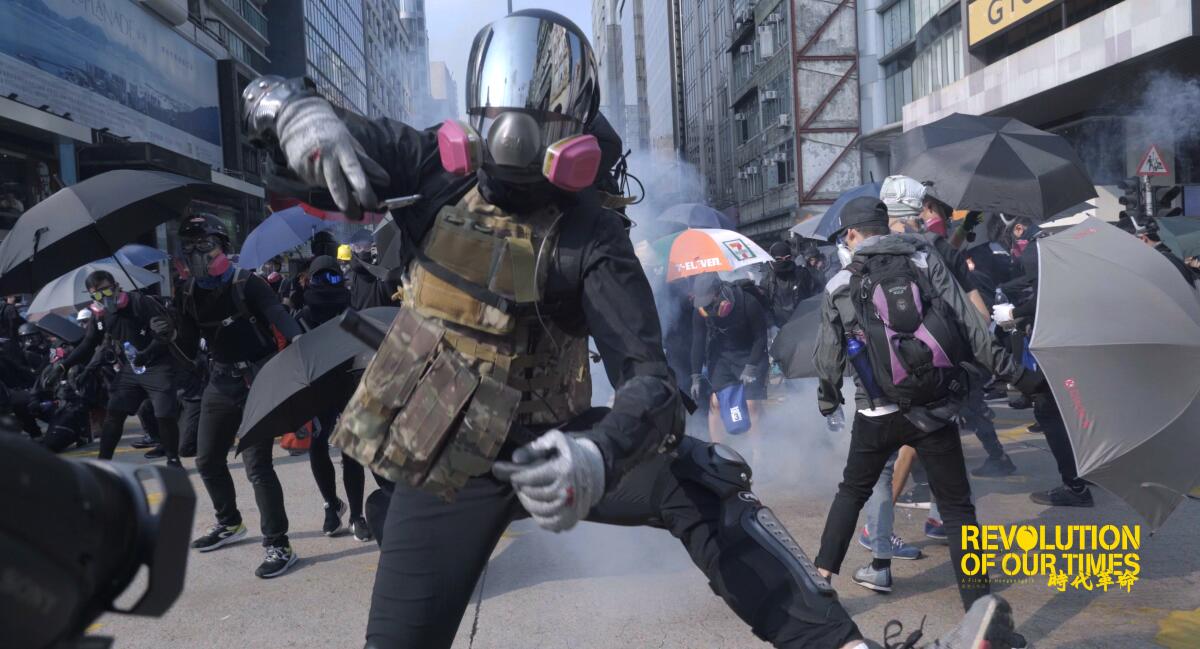
HONG KONG — The director kept his eyes on the audience, ignoring the cops in the back of the room.
It was a private screening of a romance film by Kiwi Chow. Several dozen friends had gathered in the office of a local district councilor to watch the movie and hear Chow speak. He was a politically sensitive figure who’d made films about Hong Kong’s protests and China’s crackdown on the city’s liberties.
His new work was an apolitical tale about a schizophrenic man who falls in love with a psychological counselor. Hardly a story line that would provoke dissent or violate a national security law. But the audience took note when two dozen police officers arrived. Chow, undeterred, went on with his talk.
By midnight, police had shut down the screening, fining each attendee HK$5,000, or about $640, for violating social distancing rules. If the screening had featured Chow’s protest documentary, they could have been fined HK$1 million and imprisoned for up to three years, according to a law proposed by the Hong Kong government in August.
Police raids on movie screenings — unimaginable in Hong Kong a few years ago — are the latest reality in Beijing’s relentless suppression of the territory’s civil liberties. For filmmakers such as Chow, 42, they are a sign of how China’s grip on Hong Kong is about not only asserting political control but also suffocating the cultural spaces where art can reflect truth and build solidarity in a society.
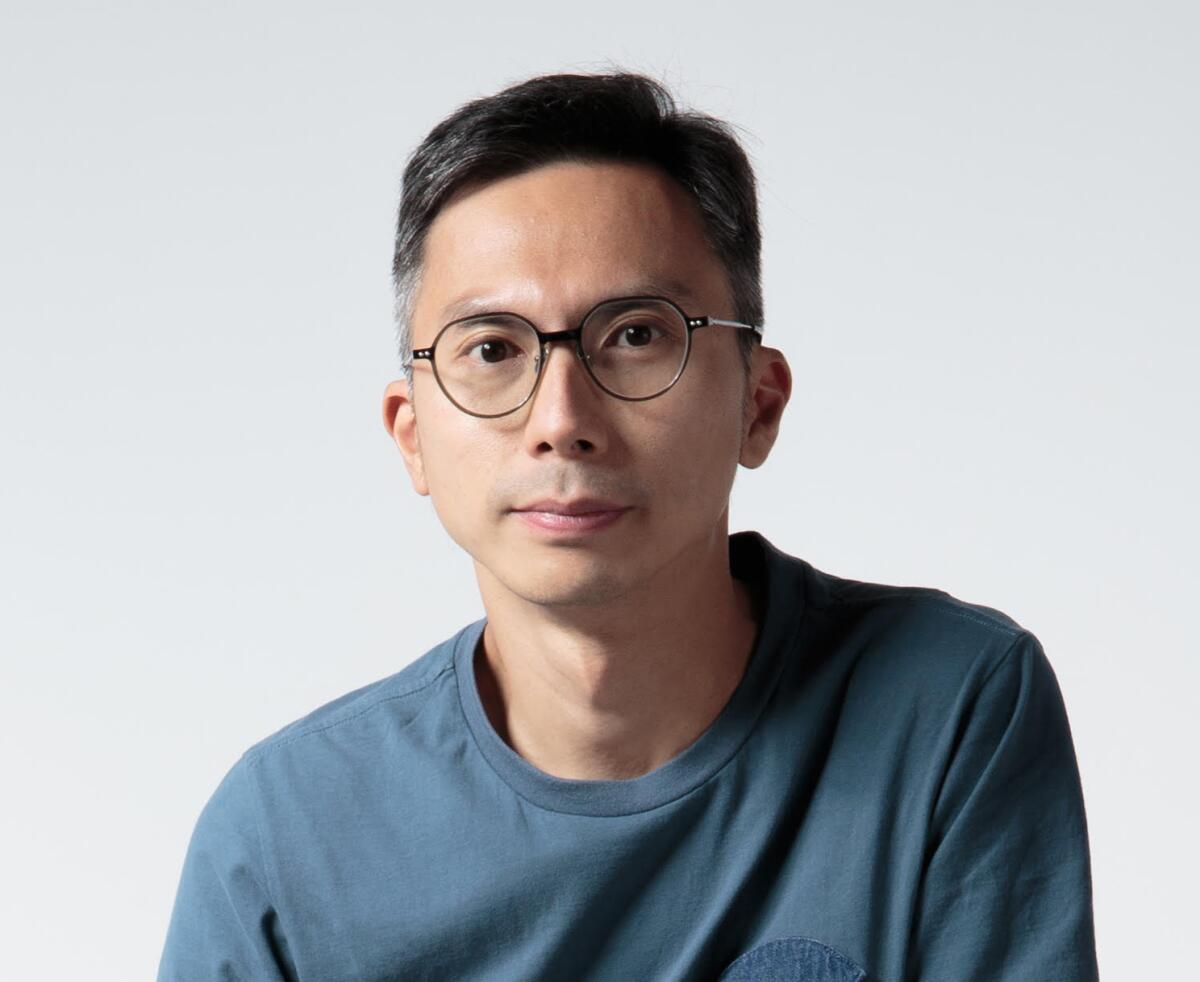
“They are afraid of art, of people making connections, of organizations and groups — because essentially, they are afraid of the people,” Chow said. “We were having a conversation about art and humanity, sharing our lives, building a relationship. They are tearing it down.”
Much is being torn down and reinvented in Hong Kong. Textbooks have been rewritten, political novels purged. The largest pro-democracy newspaper has been shut down, its founder imprisoned. All opposition candidates who participated in primaries for local elections have been arrested. This month, the organizers of Hong Kong’s annual Tiananmen Square vigil were arrested too.
A film censorship law expected to be passed soon by Hong Kong’s legislature (which has been cleared of all opposition members) would exact heavy fines and imprisonment for screening unapproved films. Inspectors would have the power to enter and search any place without a warrant if they deemed evidence was at risk of being destroyed. Previously approved films could be retroactively banned if considered “contrary to the interests of national security.”
China’s paramount leader, Xi Jinping, sees himself as a savior, anointed to steer the Communist Party and China away from corruption and foreign influence, into a ‘new era’ of prosperity, power and political devotion. Whether his vision matches reality is another question.
The new law would bring direct political censorship not seen since colonial times to Hong Kong. But self-censorship had for years been creeping into Hong Kong’s movie industry. Many directors and screenwriters have become skilled at navigating censors’ demands in order to gain access to the mainland Chinese market, which opened to Hong Kong actors and filmmakers in 2003.
That brought vast commercial opportunity: Chinese audiences, budgets and revenues were much larger than for Hong Kong productions. Many moviemakers headed north, hollowing out the filmmaking scene in Hong Kong.
Hong Kong films released in theaters dwindled from hundreds per year in the 1990s to several dozen in 2020. A growing portion of them are co-productions with mainland Chinese companies that are careful to avoid Beijing’s disapproval.
China, the world’s largest box office, is using its market power to influence Hollywood and project the Communist Party’s voice.
The mass migration of film talent to mainland China has left a “vacuum” in Hong Kong, said Shu Kei, former dean of film and television at the Hong Kong Academy for Performing Arts. The new films produced with mainland partners might hit impressive box office numbers. But their self-censorship means an era of Hong Kong identity and history could go unrecorded just as the city’s independent spirit is being recast by China’s Communist Party.
“Films serve as a social record, or even a record of a nation,” said Shu. He loves watching Cantonese films from the 1940s and ’50s, he said, because they capture how Hong Kong was — and who its people were — at a moment in time.
“It reminds me of my childhood. It also depicts a collective memory,” Shu said. The suppression of films about the last few years, when millions of Hong Kongers rose up in a massive protest movement that was then brutally crushed, is also an attempt to suppress that collective memory and identity.
“The loss is monumental,” he said.
That erasure is already happening, even without police raids. In recent months, cinemas have canceled screenings of “Inside the Brick Wall,” a documentary about a police siege against protesters at a university in 2019. The film’s distributor, Ying E Chi, lost government funding and was evicted from its studio after pro-Beijing media accused it of “glorifying riots.”
The few independent filmmakers still trying to explore Hong Kong’s social realities are wrestling with whether it’s possible to continue working — or if it’s time to leave.
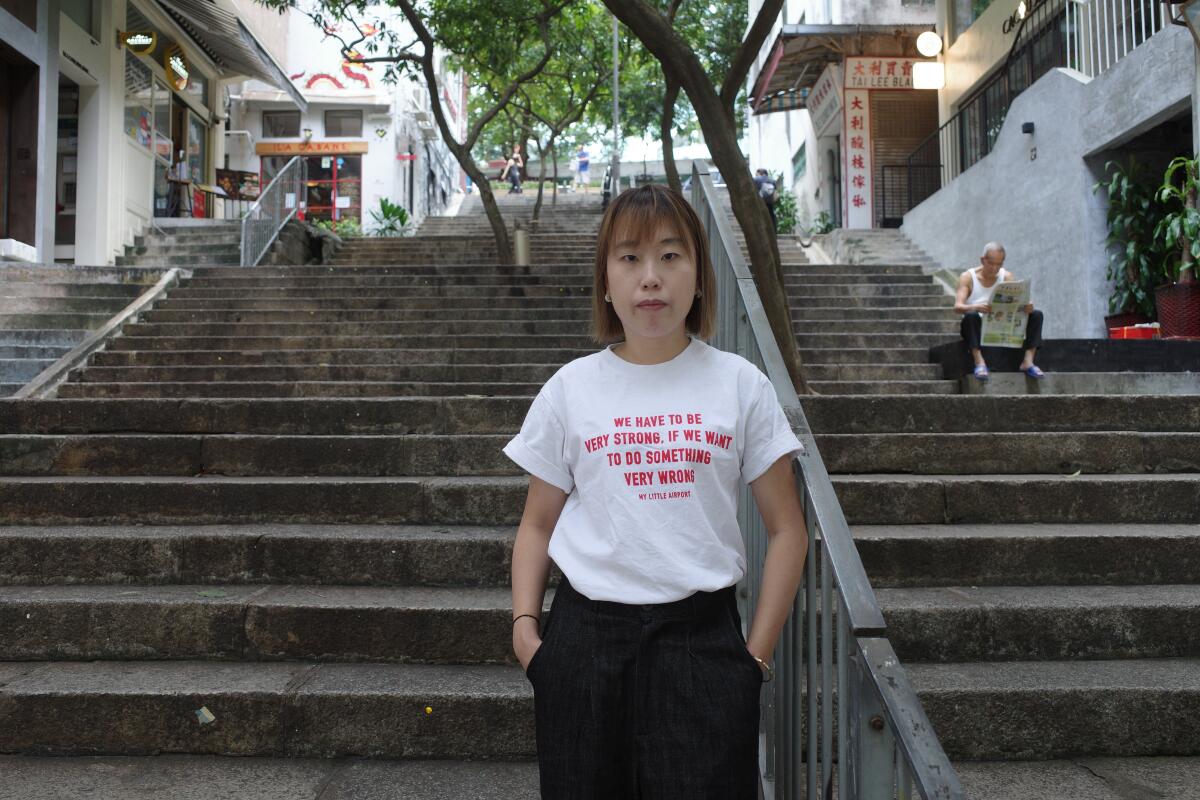
Mok Kwan Ling, a former journalist who covered the protests in 2019, was recently asked to censor her first fictional project, a short film about a young woman whose boyfriend is arrested during protests and who then confronts his parents when she goes to clean up his apartment. It explores how political disagreement divides families — a familiar theme for many Hong Kong families whose parents and children took opposing sides during the protests.
But in June, the Film Censorship Authority ordered Mok to change the film’s title — “Clean Up” is also slang for removing evidence of protest participation — and cut out 14 scenes, including one in which the father expresses sympathy with his son’s political actions. They also required Mok to add a warning that the activities in the film could constitute a crime.
Mok no longer plans to screen her film in Hong Kong. She wonders whether she was too naive when she shot and produced it in November — and whether she should leave the city, though she plans to stay for now.
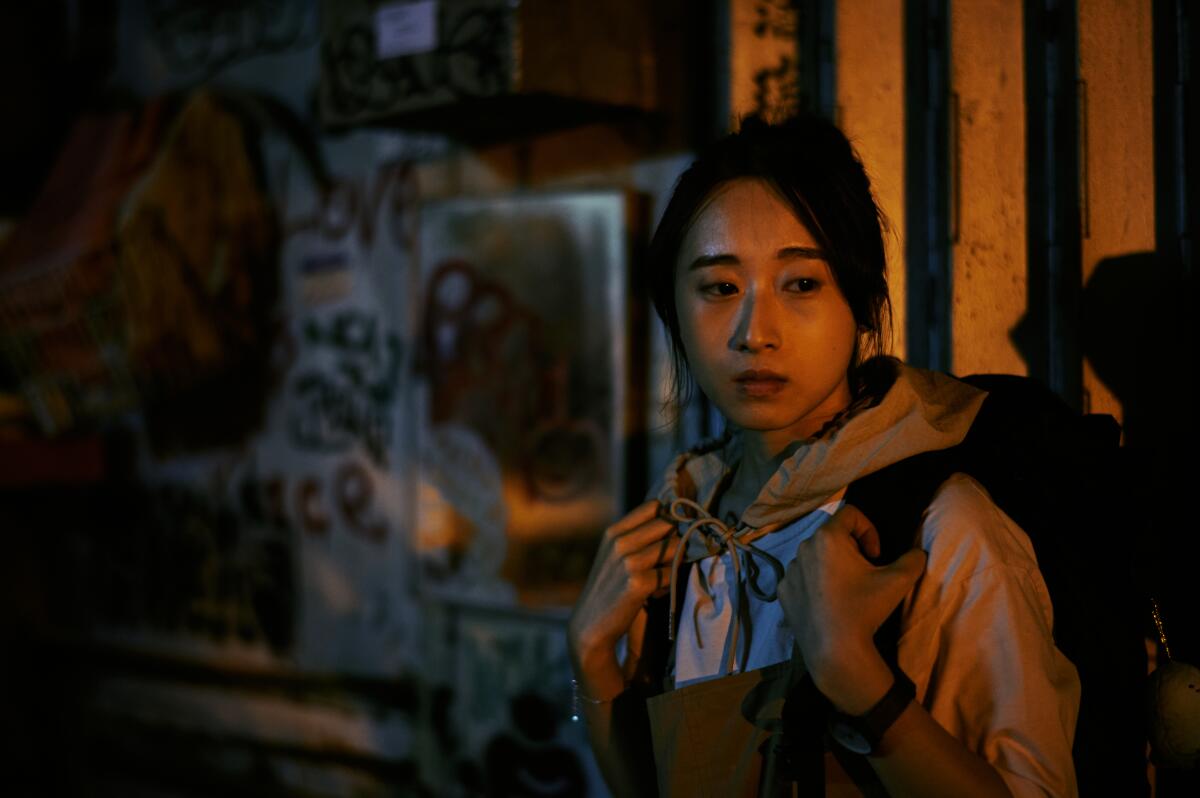
“I didn’t think the political decline would be so rapid, that something so mild could become controversial in less than a year,” she said. “I was too optimistic about Hong Kong.”
Director Jun Li, 30, said the new censorship rules solidified his decision to pursue independent art films rather than commercial projects. Many directors in mainland China do the same thing — produce low-budget movies that don’t compromise on content but can be screened only at festivals abroad.
“We come here because we like to create art, not because it’s easy money,” Li said. “If we cannot make films freely, I would rather not make films.”
In recent years, Hong Kong has cultivated a small but growing audience for stories that sidestep politics but touch on social issues such as minorities, mental disabilities and the disadvantaged, Li said.
“Those concerns come from a general change in how we look at our society … and how we participate more in social discussions,” Li said.
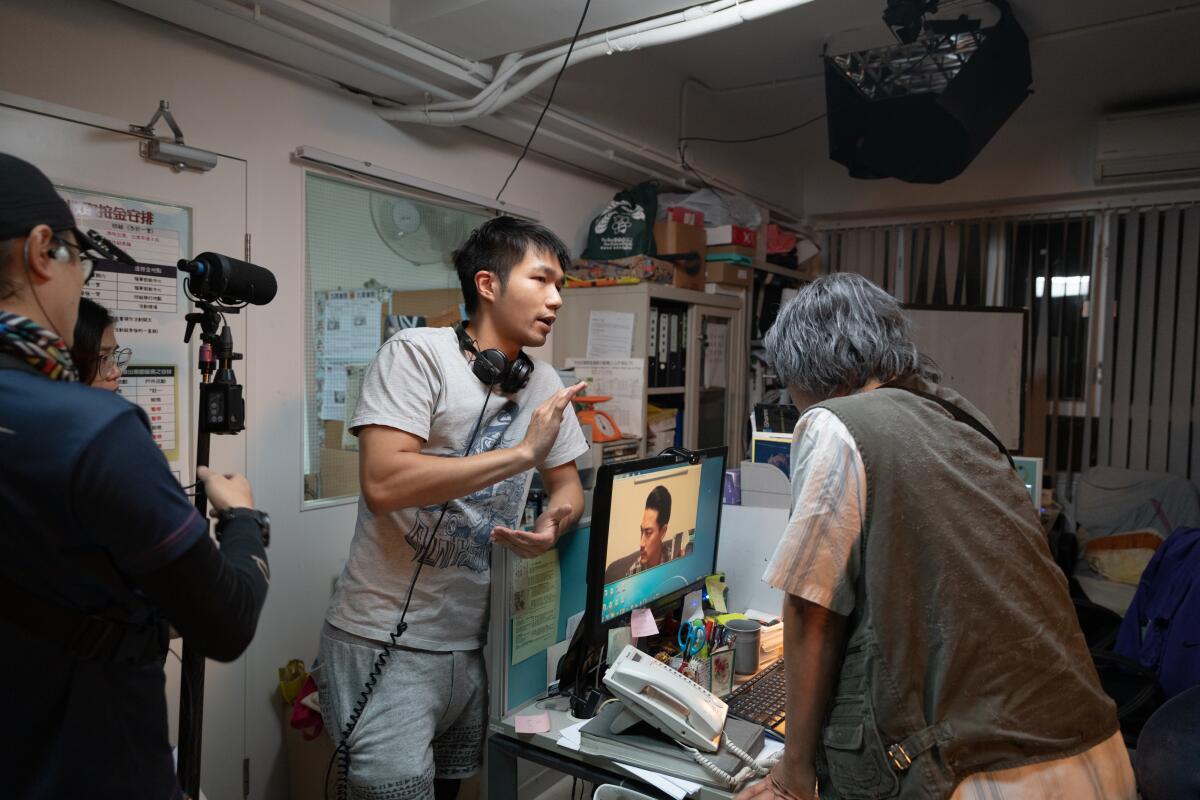
Li’s debut feature film, “Tracey,” turned heads in 2018 as the first Hong Kong film on transgender issues. His latest movie, “Drifting,” tells the tale of a homeless community suing the government for destroying their properties. He’s unsure whether such topics will soon become taboo.
Chow, the director whose screening was disrupted by police, is under even more pressure. In July, the Cannes Film Festival premiered a documentary he’d secretly spent two years making; it takes its title, “Revolution of Our Times,” from a banned slogan from the 2019 protests. Since then, he has received threats from anonymous callers, warning him to leave the city. Investors and actors have pulled out of his upcoming projects.
Chow knew how risky his project was. The first person arrested under the new national security law had been convicted of inciting separatism and sentenced to nine years in jail for displaying that slogan. But complying with censorship is like “dealing with the devil,” he said. “You become complicit with an unjust system. You might as well pronounce the death of your creative life.”
The point of filmmaking — and especially documentary film — is to capture truth, Chow said.
“Facing a government that tells lies after lies, an entire society living under lies … I want to tell honest stories,” Chow said.
Even with the censors closing in, arrests on the rise and no one able to watch his documentary in Hong Kong, Chow made his movie. It was a choice, he said, to be free.
Special correspondent Cheung reported from Hong Kong and staff writer Su from Beijing.
More to Read
Sign up for Essential California
The most important California stories and recommendations in your inbox every morning.
You may occasionally receive promotional content from the Los Angeles Times.
